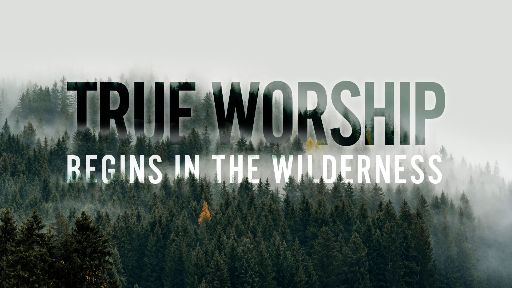-
The Marvellous Wonders Of The Lord.
Contributed by Christopher Holdsworth on Aug 29, 2023 (message contributor)
Summary: Walls of water in the sea, and streams and rivers of water in the wilderness. A cloud by day, and a light of fire by night.
THE MARVELLOUS WONDERS OF THE LORD.
Psalm 78:1-4, Psalm 78:12-16.
Psalm 78 is entitled a “Maschil” of Asaph, thereby signifying an INSTRUCTION. It is one of the longest Psalms in the Book, not only outlining a history of Israel, but encouraging us to LEARN from this history (cf. Psalm 78:8). Mr. Spurgeon, in his ‘Treasury of David’, suggests that it should be ‘viewed as a parable setting forth the conduct and experience of believers in all ages’.
PSALM 78:1. The double reference to “hearing” anticipates Jesus’ ‘who hath ears to hear, let him hear’ (Matthew 13:9), and is echoed in Isaiah 51:4. The Psalmist is standing for the LORD, as a teacher before His class. The call is not just for us to incline our ears to the words of Asaph, but to the word of the LORD.
PSALM 78:2. The LORD will open his mouth “in a parable: and will utter dark sayings of old.” This is quoted in Matthew 13:34-35, and is explained by Jesus in Matthew 13:11-13. The sacred history (part of which is reiterated in the body of this Psalm) is written here ‘for OUR admonition, upon whom the ends of the world are come’ (1 Corinthians 10:11).
PSALM 78:3. Whether it was our own fathers who told us, or the fathers of the Church, we must tell forth “what we have heard and known” (cf. Psalm 44:1). As we read elsewhere, ‘let the redeemed of the LORD say so’ (Psalm 107:2). Gospel talk beats gossip any day (cf. Acts 8:4)!
PSALM 78:4. It would be to rob our godly forebears if we should “hide” the ‘old, old story’ (the gospel) from their offspring. Let each generation tell the next. “The generation to come” needs to be SHOWN “the praises of the LORD,” His strength, His wonderful works (cf. Psalm 145:4-6).
(i). The Exodus.
PSALM 78:12. The adjective for the “marvellous” things which the LORD did in Egypt uses the same root as His “wonderful” works in Psalm 78:4. This refers first of all to the plagues witnessed in “the field of Zoan,” a city in the east of Egypt (cf. Psalm 78:43-48).
PSALM 78:13. Next, “He divided the sea, and they passed through.” The LORD overrode His own laws of nature, causing “the waters to stand as an heap.” His people escaped the clutches of the pursuing Egyptians, walking through the sea on dry ground. When the Egyptians assayed to do so, the waters fell back and destroyed them (cf. Exodus 14:29-30). The LORD is able to deliver His people.
(ii). The Wilderness.
PSALM 78:14. The LORD “led” His people with a cloud by day, and “a light of fire” by night (cf. Exodus 13:21-22). This is the providential presence of the LORD in the midst of His people. Even as Jesus abides with us as ‘God with us’ (cf. Matthew 1:23).
PSALM 78:15. The LORD “cleaved” the rocks in the wilderness. “Cleaved” here is from the same Hebrew verb as “divided” in Psalm 78:13. “The LORD gave them drink as out of the great depths.” This is God’s gracious provision.
PSALM 78:16. The waters ran in streams out of the rock, and ran “like rivers” through the whole camp of the Israelites, to nourish them for the journey (cf. Psalm 105:41). Our blessings flow from the Lord Jesus Christ, the Rock of our salvation (cf. 1 Corinthians 10:1-4), who gives us ‘rivers of living water’ (cf. John 7:38).

 Sermon Central
Sermon Central



